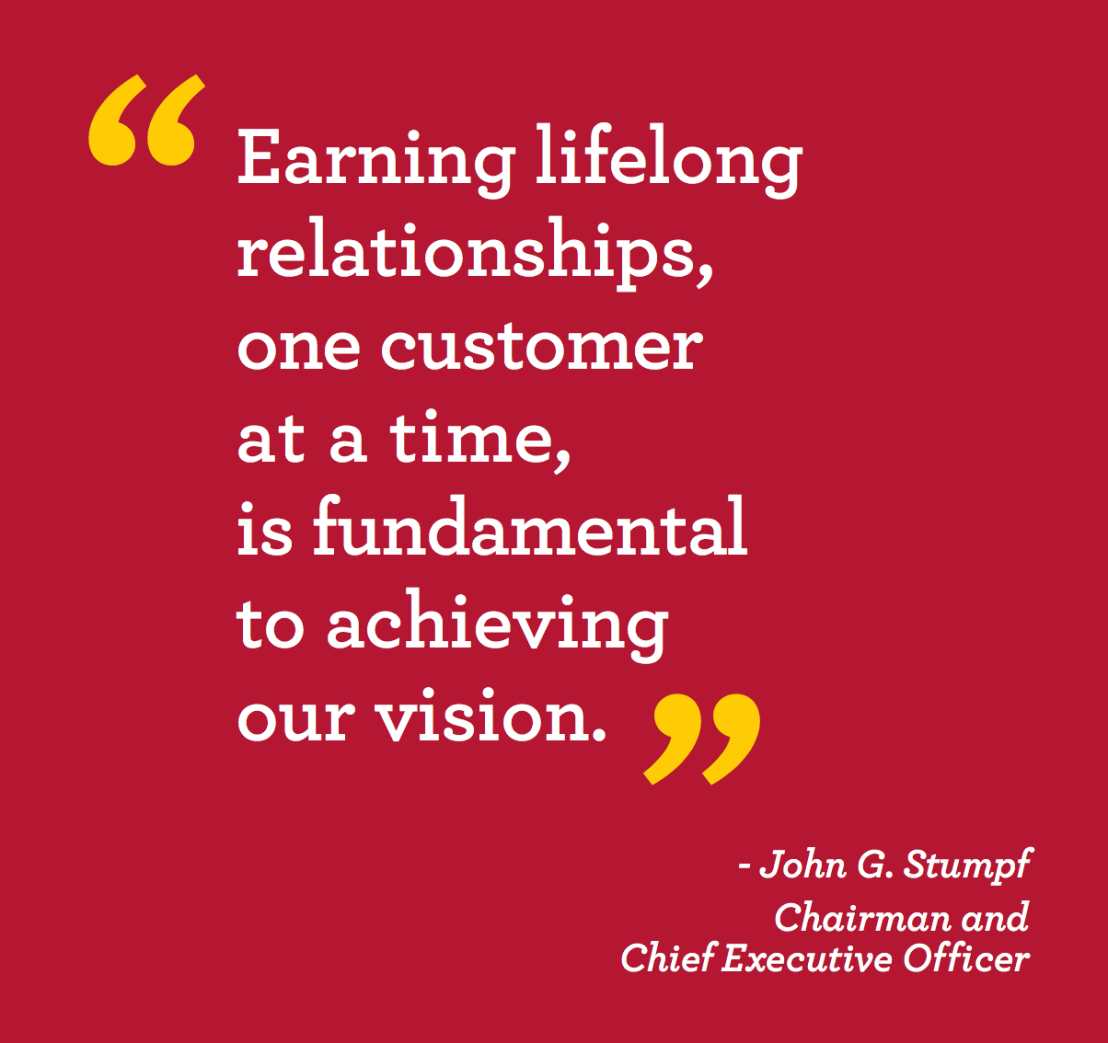By James Kwak
Over on Twitter, Matt O’Brien wrote:
That inspired me to take a look at the article O’Brien referred to: a column by Steven Davidoff asking why JPMorgan gets pilloried for giving CEO Jamie Dimon $20 million while Google can give Chairman Eric Schmidt $106 million without incurring the wrath of the public.
I went into it thinking I would agree with O’Brien—that there is something worse about lavish Wall Street pay packages than lavish Silicon Valley pay packages. Part of that was home team bias: I spent most of my business career working for companies based in Mountain View, Sunnyvale, Menlo Park, San Mateo, and Foster City (that’s two companies and five office moves). But I ended up mainly agreeing with Davidoff.
I think O’Brien is right on the narrow question of why people are mad: JPMorgan has done a lot of bad things in recent years, while Google’s role in the world is more ambiguous. But at the end of the day, voting the chairman of the board enough money to buy a Gulfstream 650 and an entourage of 550s is not a good use of shareholder money. And it’s shockingly tone-deaf in this age of rising inequality and cuts to food stamps. That’s the topic of my latest Atlantic column.

